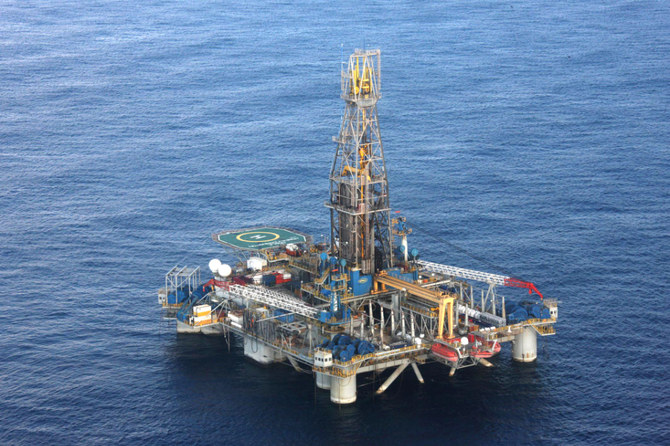
- ARAB NEWS
- 18 Jul 2025

Mohammed Abu Zaid
CAIRO: Egyptian and Cypriot officials have intensified discussions over preparations for a joint gas pipeline project aimed at transforming Egypt into a regional energy trade hub, a government source revealed on Monday.
According to the official, the joint scheme would see natural gas from the offshore Aphrodite gas field in Cyprus piped to liquefaction plants (which convert gas into a liquid state) in Egypt for re-export to European countries and for use in local markets.
Previous government statements have said that Egypt would start receiving Cypriot gas during 2022.
Despite major disruptions to many global development projects due to the coronavirus disease (COVID-19) pandemic, the Egyptians and Cypriots have remained confident of implementing the initiative to schedule.
The negative impact of the COVID-19 outbreak on national economies around the world will force many countries to act quickly to compensate for losses, leading to an upswing in demand for energy to drive industrial growth, the source said.
Egypt and Cyprus signed an agreement on Sept. 19, 2018 to establish a direct marine pipeline.
During a virtual meeting, Egyptian Petroleum and Mineral Resources Minister Tariq Al-Mulla and Cypriot Minister of Energy Natasa Pilides discussed cooperation between the two countries in the field of oil and natural gas and ongoing collaboration under the regional EastMed Gas Forum platform.
Egypt has two natural gas liquefaction plants, one east of Alexandria at Idku owned by Egyptian Liquefied Natural Gas, and the other in the port city of Damietta belonging to the Spanish-Italian Union Fenosa.
The government’s Ministry of Petroleum and Mineral Resources contributes to the Idku plant through the Egyptian Natural Gas Holding Co. (EGAS) by 12 percent, the Egyptian General Petroleum Corp. (EGPC) also by 12 percent, Shell by 35.5 percent, and Malaysia’s oil and gas company Petronas with 35.5 percent. French multinational Total now contributes about 5 percent to the plant.
Spanish company, Union Fenosa, manages the Damietta site where 80 percent of the project is under joint ownership between Union Fossa and Eni with the EGPC and the EGAS owning the rest of the shares at 10 percent each.